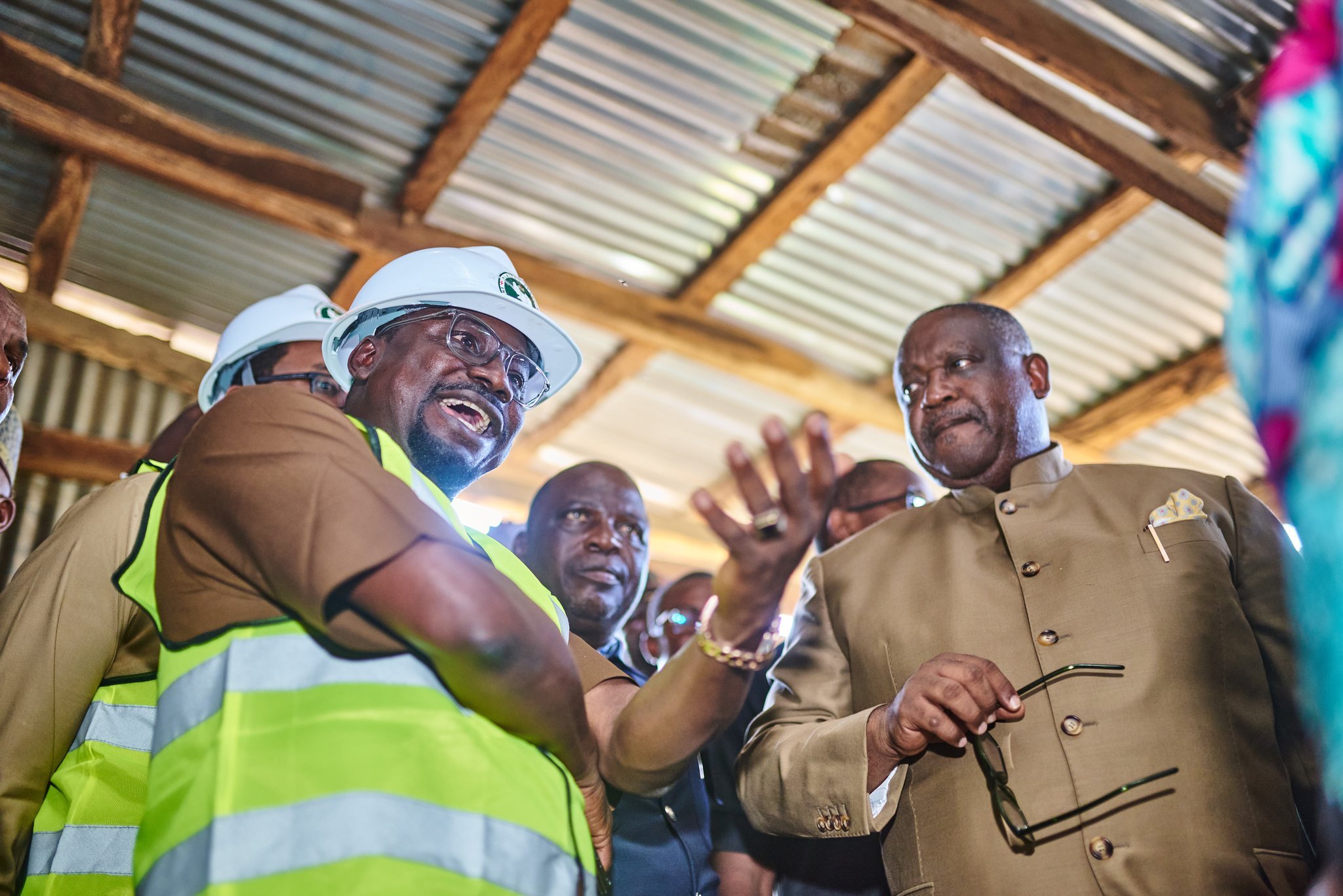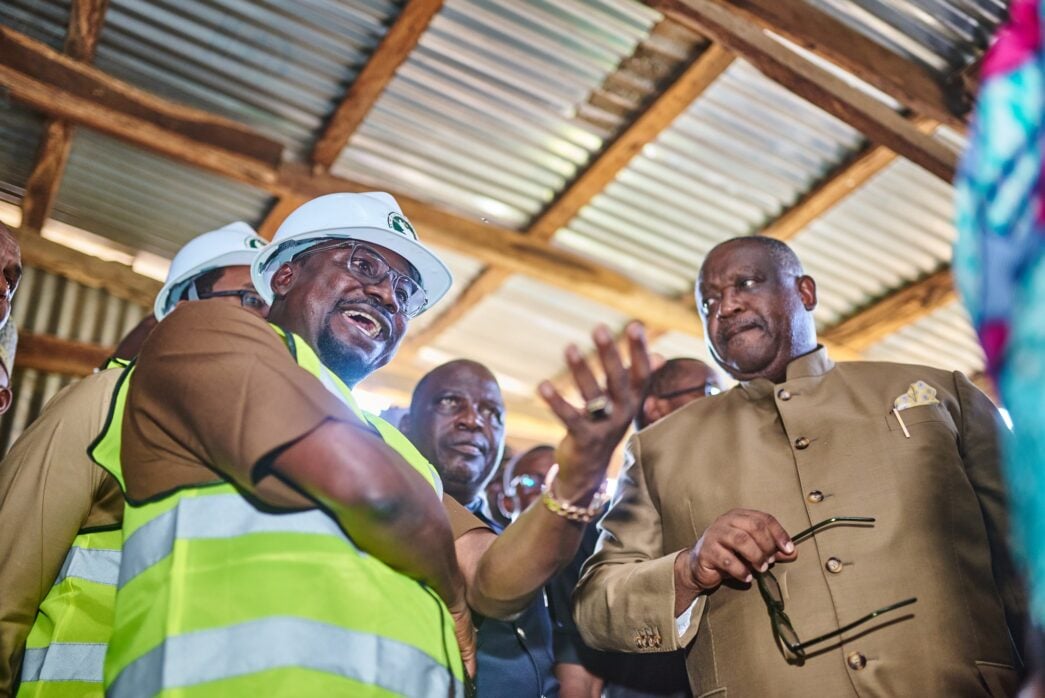On Wednesday, the 12th of November, 2025, the Rural Electrification Agency (REA), in collaboration with the United Nations Development Fund (UNDP), officially commissioned a 50KwP solar mini-grid designed to power Namu village in Quan’Pan LGA, Plateau State.
This milestone has been delivered through the Global Environment Facility (GeF)-funded Africa Mini-grid Program (AMP), a purpose-driven and impact-focused ag-energy initiative designed to deliver clean, sustainable energy to last-mile communities to drive agricultural productivity through the usage of energy-efficient productive equipment and appliances, while improving socioeconomic development in rural Nigeria.
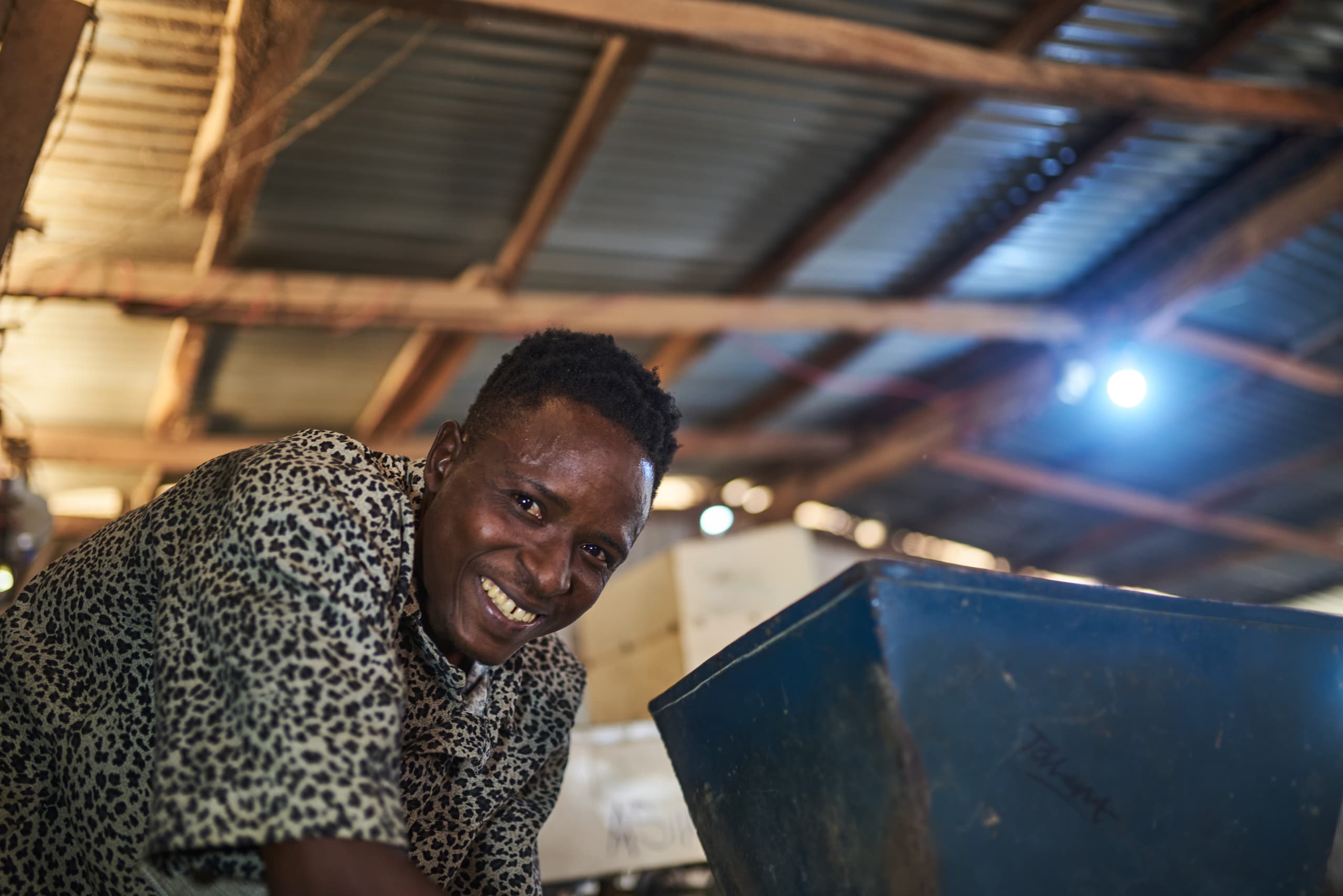
Namu, a community of over 3500 people, is a central agricultural cluster in Nigeria, known for rice milling, cassava processing, maize milling, and other agricultural processing activities. Over the years, farmers and millers have battled under the weight of energy poverty, relying on diesel-powered generators, most of which consume over 50 liters of diesel daily.
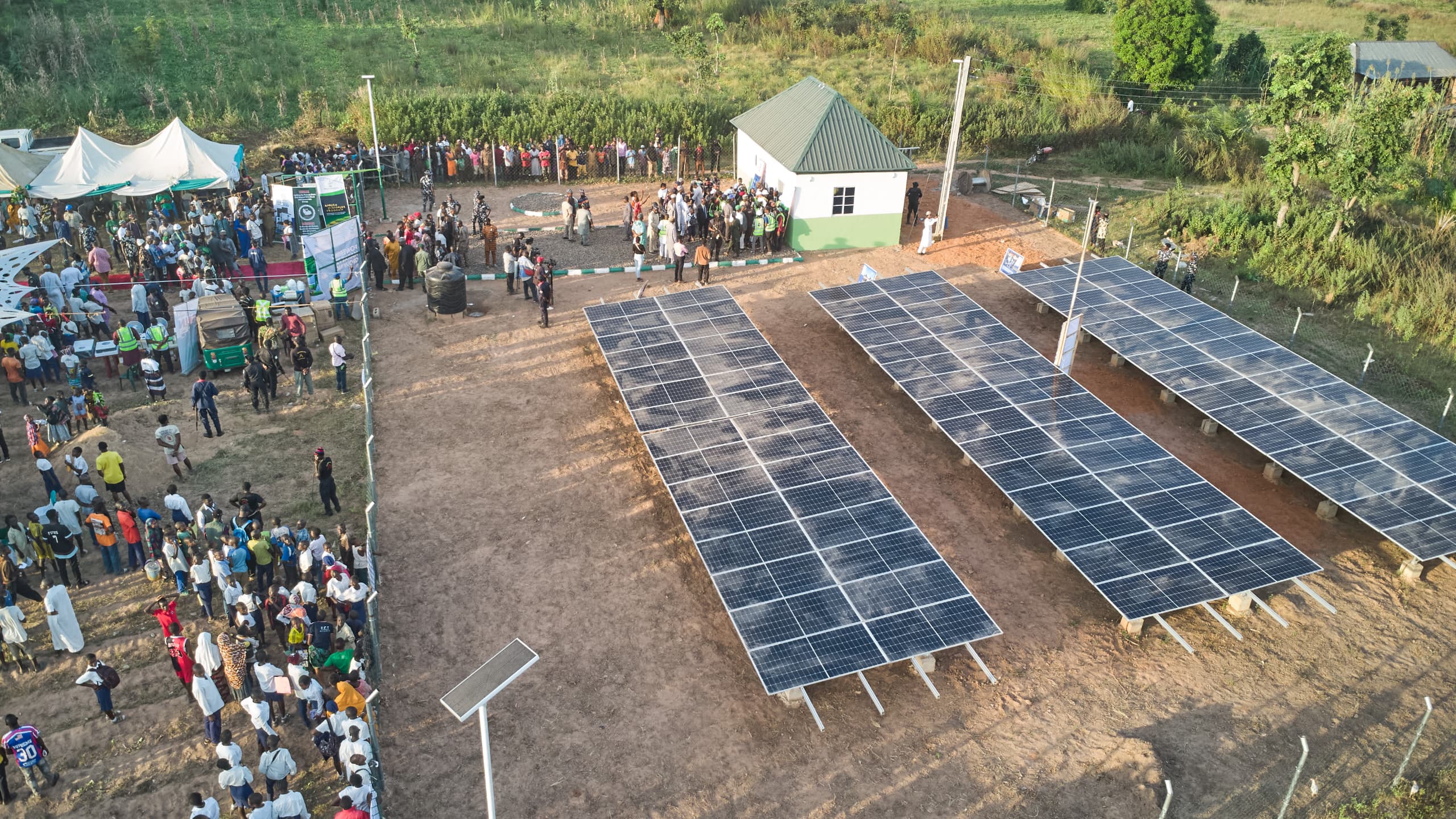
The environmental impact of these diesel-powered milling machines is significant. The AMP aligns with Nigeria’s Electricity Act 2023, Energy Transition Plan, and National Electrification Strategy, and contributes to the country’s climate commitments under the Paris Agreement. The project is expected to mitigate up to 22,000 metric tons of CO₂ monthly, replacing diesel and fuelwood with solar energy.
With the delivery of the GeF-funded 50kWP mini-grid, Namu is experiencing a transformative change, with over 500 direct beneficiaries, including over 200 female rice processors, 15 male equipment operators, and over 100 households, powering schools, health centres, and small businesses. This intervention, beyond serving as a channel for decarbonization in Namu, will increase yield while strengthening the farming community, which has the potential to produce and process about 500 bags of rice weekly.
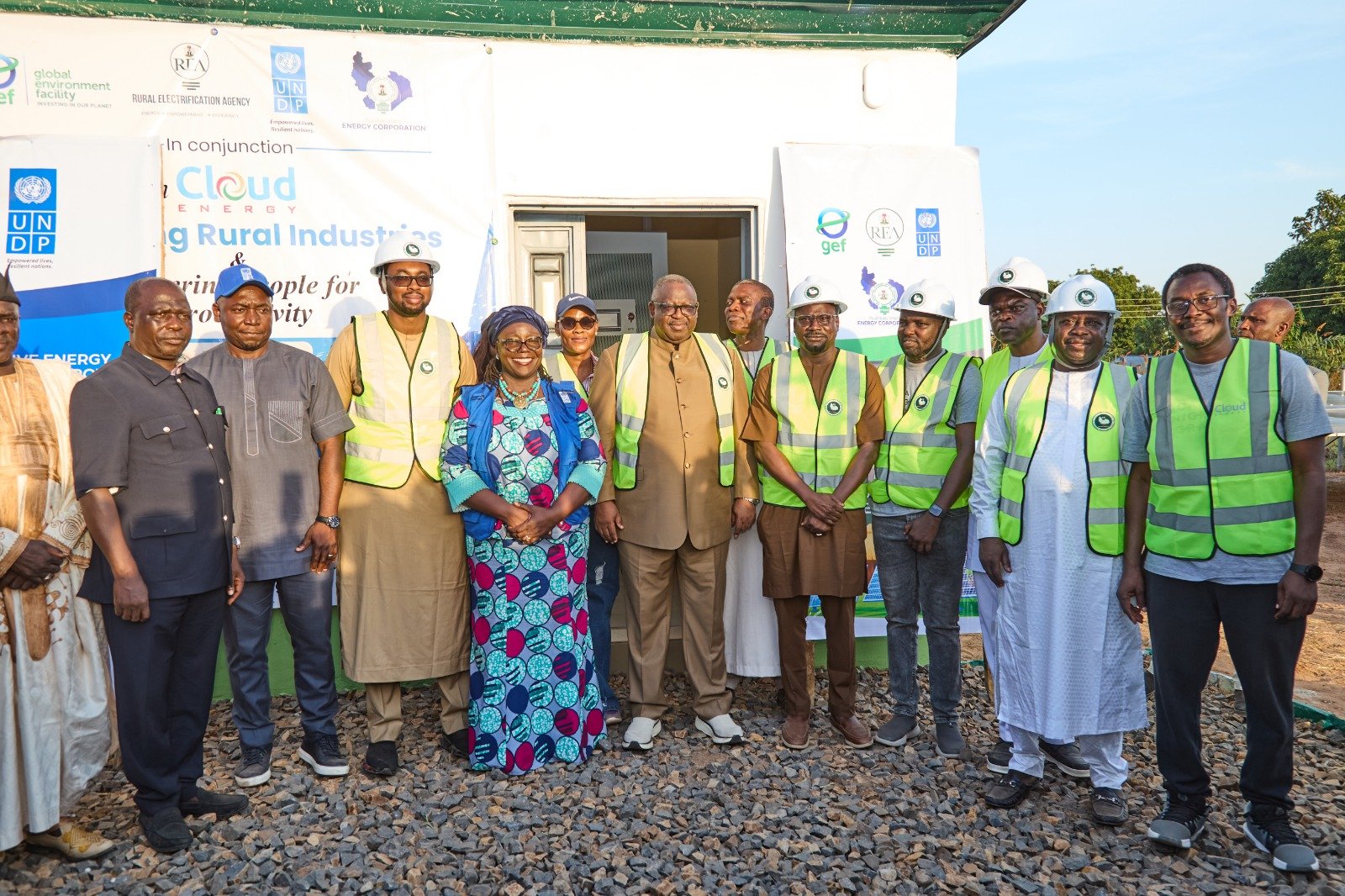
Speaking at the official commissioning of the project, the Executive Governor of Plateau State, Barr. Caleb Mutfwang described the Namu minigrid as “the beginning of a journey of transformation for Quan’Pan and Plateau State at large”.
Dr. Abba Abubakar Aliyu, the MD/CEO of REA, emphasized the Federal Government’s sustained efforts in boosting the clean energy ecosystem in Nigeria. He explained that “though active in 21 countries, the AMP Nigeria is now the first to deliver a functional and impactful intervention, which will go a long way to advance economic opportunities through inclusive energy access and socioeconomic development in rural communities”. Dr. Aliyu added that “as we get closer to delivering 23 mini-grids, over 1,320KwP of clean energy through the AMP, leaning on the strength of our partners, our goal is to accelerate economic growth and facilitate sustainable systems in last mile communities such as Namu in Quanpan LGA”. The Dr. Abba assured the State government of the economic potentials across the rice processing clusters in Namu, hinting on the deployment of additional renewable energy capacity across Plateau State in coming months.
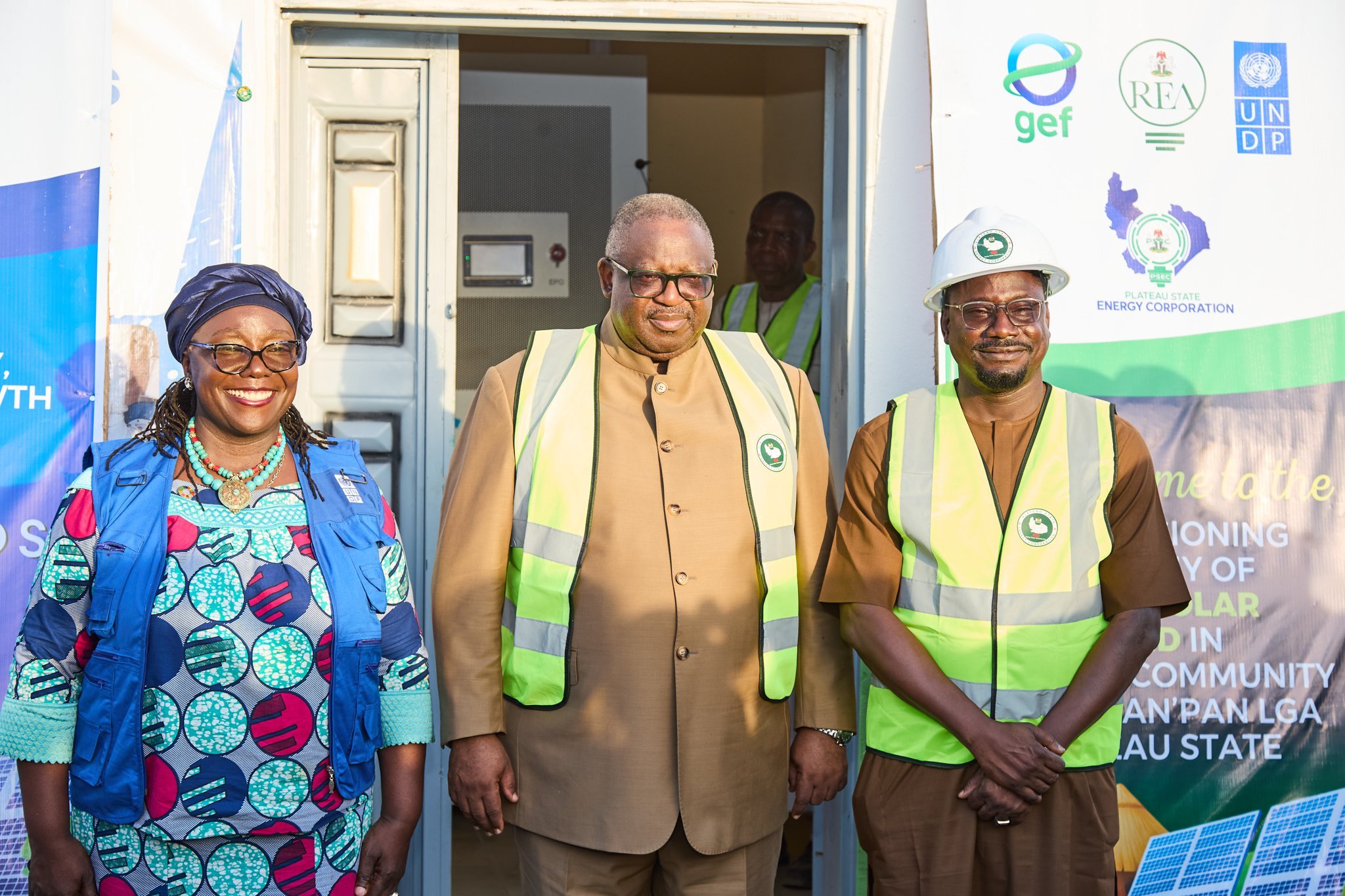
“This is not just about electrifying a community; it is about energizing lives, livelihoods, and local economies,” said Ms. Elsie Attafuah, UNDP Nigeria Resident Representative. “The Namu minigrid is a beacon of hope for rural development and a model for inclusive, sustainable electrification.”
Dr. Bala Tyoden, the Program Manager for AMP in Nigeria, explained that “the AMP has achieved smooth implementation across the country, with RESCOs delivering on set milestones, in time for the complete delivery of all 23 mini-grids”. He added, “The Namu mini-grid is boosting socioeconomic potentials in the community and transforming agricultural activities, creating job opportunities, enabling environmental sustainability, and driving economic inclusion”.
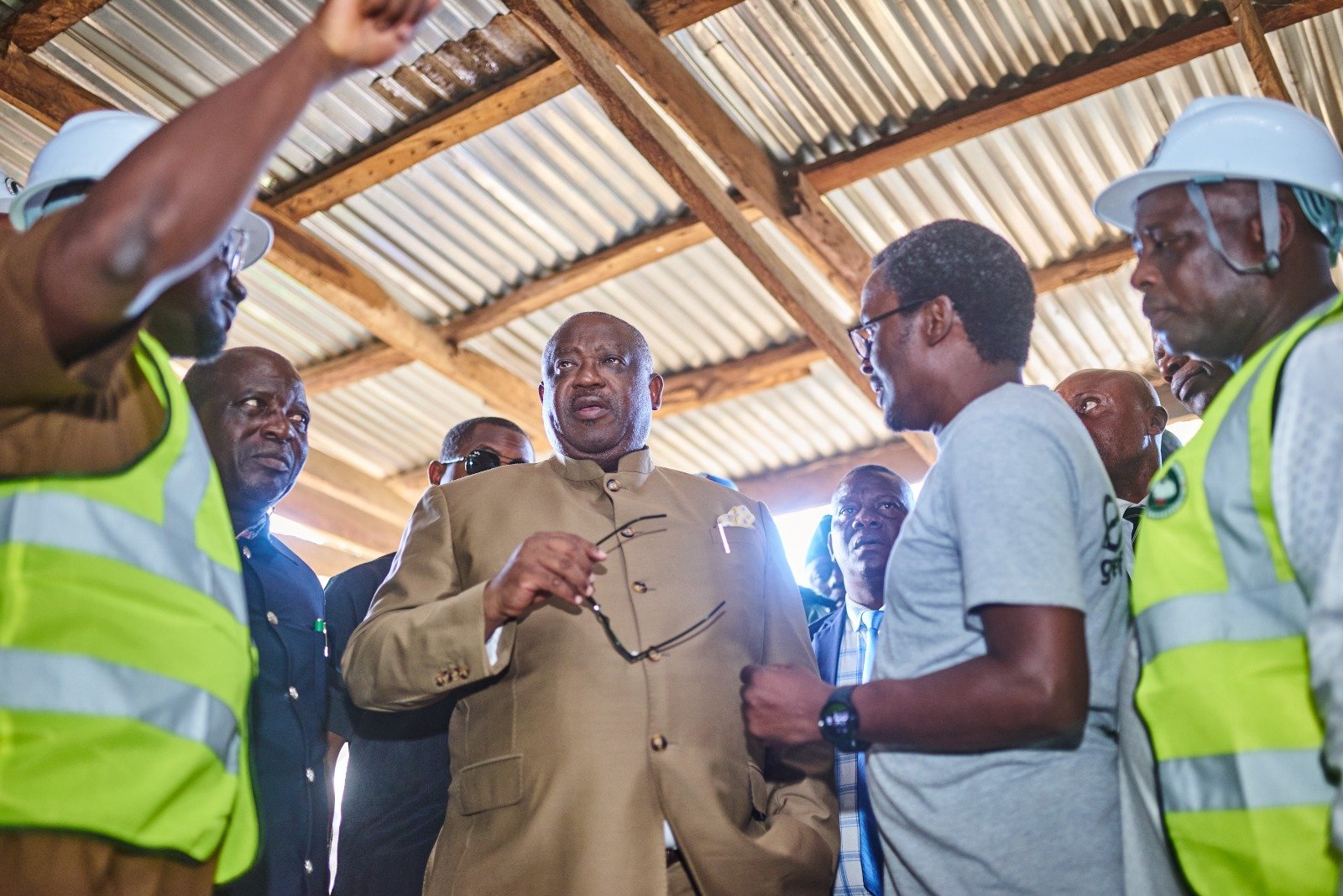
The Namu mini-grid signals the nation’s sustained effort on energy transition and renewable energy scale-up for socioeconomic growth and environmental sustainability. The intervention is designed to deliver 1,320kWp of clean energy through the deployment of 23 mini-grids across the 6 zones of the nation. About 70,000 Nigerians are expected to benefit from the AMP in Nigeria, enabling over 600 productive use connections and over 375 social connections.
